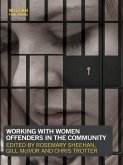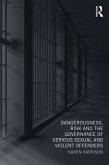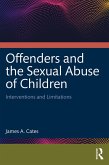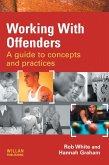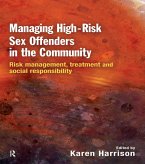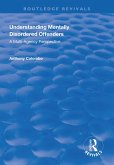Bachelor Thesis from the year 2013 in the subject Sociology - Law and Delinquency, grade: 2.1, University of Leeds, course: Criminal Justice and Criminology, language: English, abstract: Addressing the complex definition of filicide and assessing the problems that can arise from these complexities. The age range of victims and the incorporation of stepparents are discussed in reference to the difficulties that they can pose. Filicidal notions are drawn from historical and modern literature in a bid to highlight the prevalence of the subject, whilst moving on to consider who commits filicide and the motives for such an act. The work of Resnick (1969) will be explored and acknowledged for providing a significant turning point in the study of filicide, and his development of motive categories. Once the act of filicide has been firmly established, the hidden aspect of this crime will be explored. This includes the apparent 'medicalisation' of filicide and draws upon Wilczynski's (1997) discussion of filicidal parents as being either 'mad' or 'bad'. Additionally, the moral dilemma surrounding the filicidal act is also discussed, with attention drawn to cultural differences of opinion and the cultural pressures that somewhat condone the presence of filicide within certain cultures. This will be followed by a discussion of filicide's route to 'medicalisation' and how the roots for this change may be embedded in the modernisation of criminal justice methods. This will lead to an acknowledgement of filicide as a criminal act and highlight the problems surrounding the Infanticide Acts of 1922 and 1938 that were raised by parliament. These problems mirror those that are found within the definition of filicide and include the problem with age ranges and inclusion of stepparents. Homicide statistical data will be analysed in relation to their relevance and then explored further to highlight any problems that are visibly present when focus is placed solely on acts of filicide. At this point I draw upon my own research, which was conducted in a bid to assess the knowledge level of filicide exhibited by students currently studying Criminal Justice and Criminology at the University of Leeds.
Dieser Download kann aus rechtlichen Gründen nur mit Rechnungsadresse in A, B, BG, CY, CZ, D, DK, EW, E, FIN, F, GR, HR, H, IRL, I, LT, L, LR, M, NL, PL, P, R, S, SLO, SK ausgeliefert werden.



